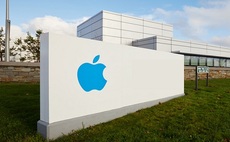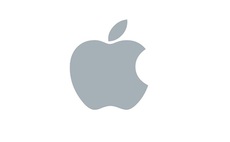Qualcomm extends fight with Apple to its contract manufacturers: Foxconn, Pegatron, Wistron and Compal
Manufacturers in the Far East making Apple iPhones, iPads and other devices have been sued by Qualcomm over what it claims are unpaid royalties, after being instructed by Apple not to respond to Qu...
To continue reading this article...
Join Computing
- Unlimited access to real-time news, analysis and opinion from the technology industry
- Receive important and breaking news in our daily newsletter
- Be the first to hear about our events and awards programmes
- Join live member only interviews with IT leaders at the ‘IT Lounge’; your chance to ask your burning tech questions and have them answered
- Access to the Computing Delta hub providing market intelligence and research
- Receive our members-only newsletter with exclusive opinion pieces from senior IT Leaders






















